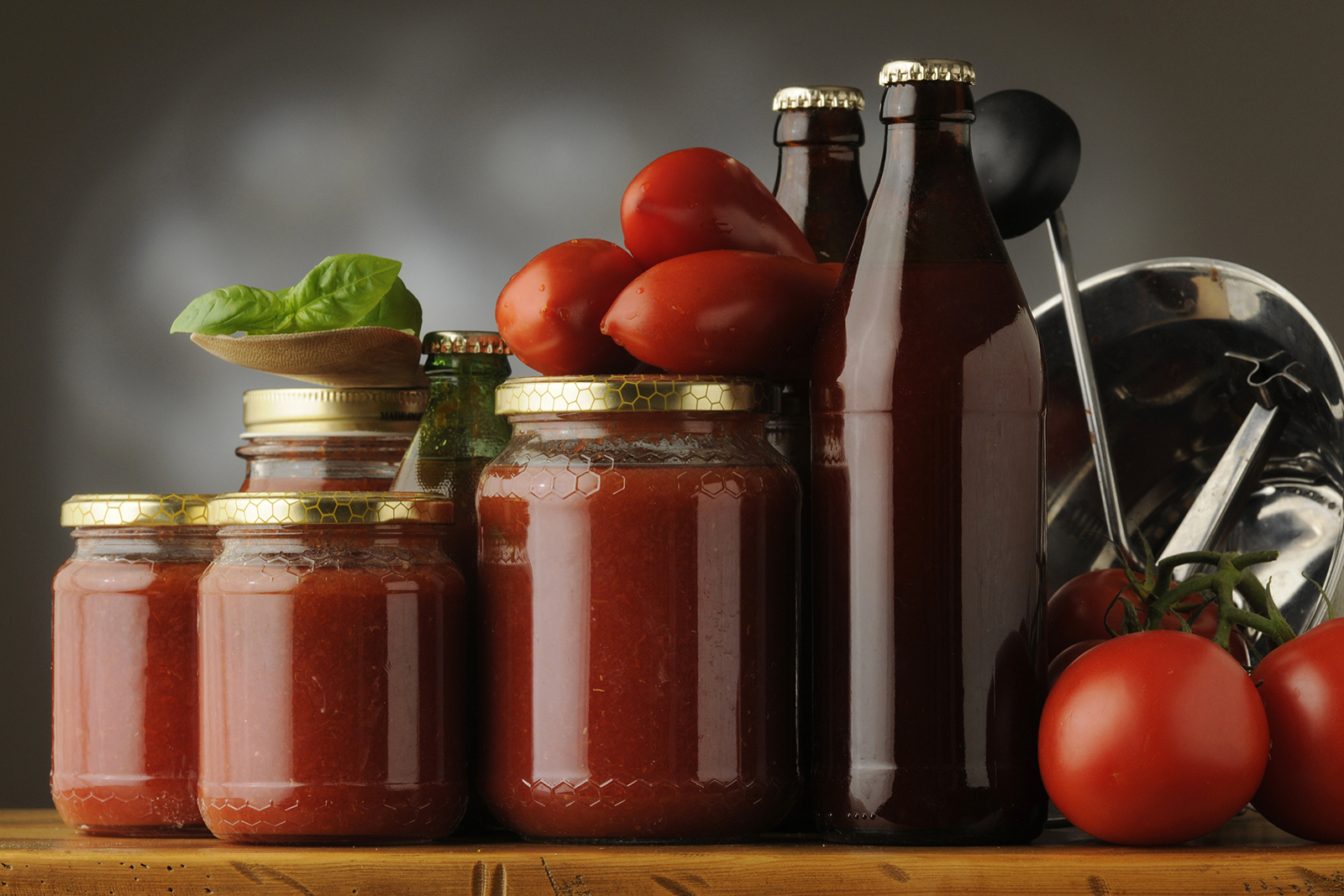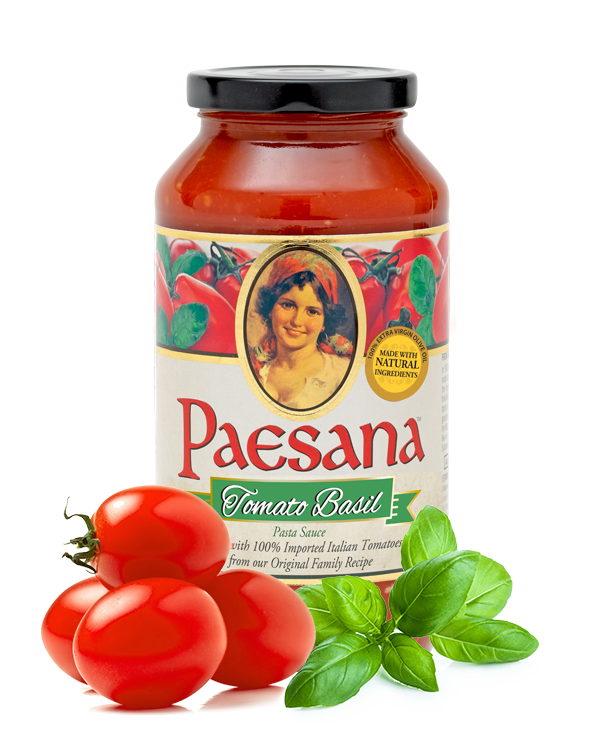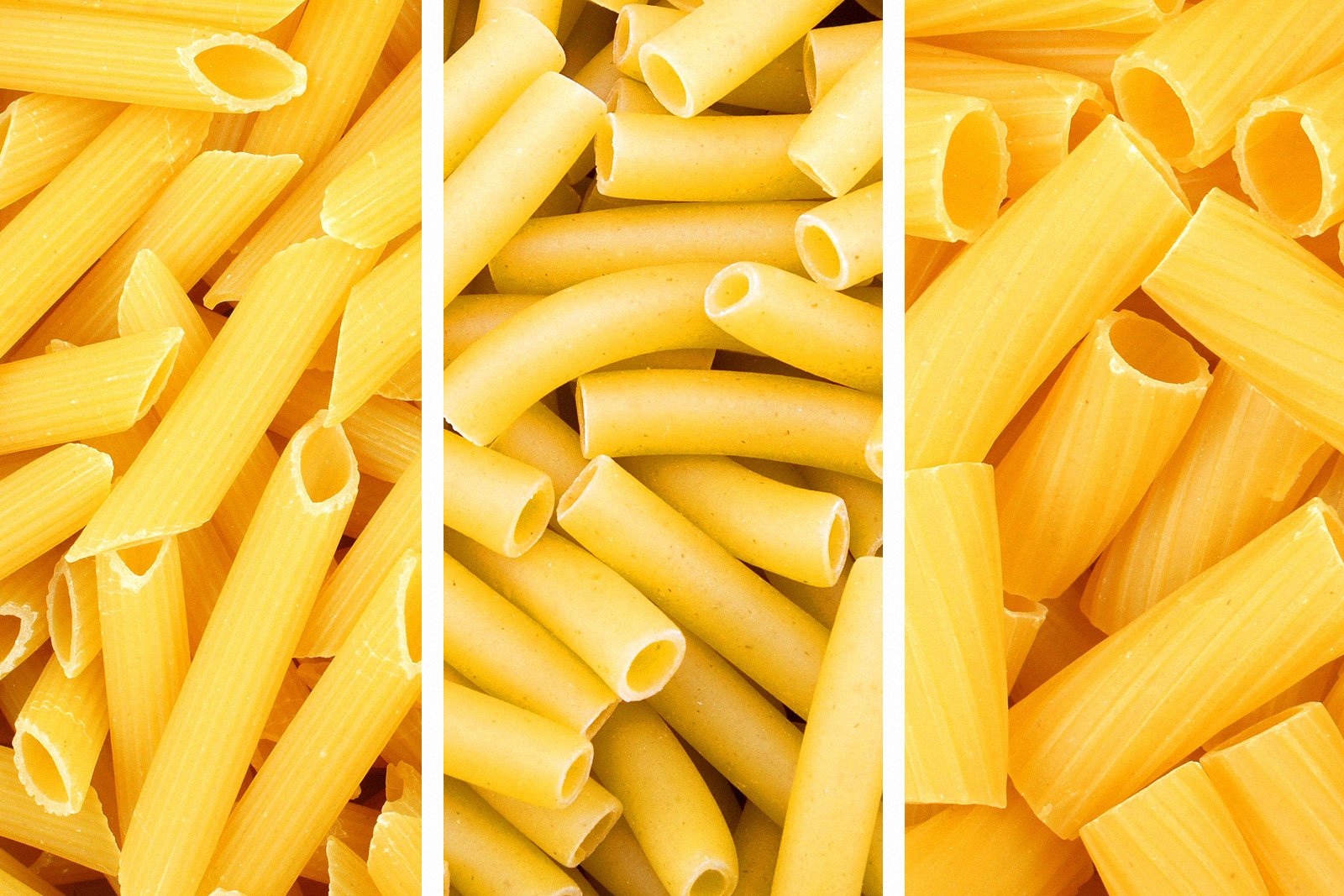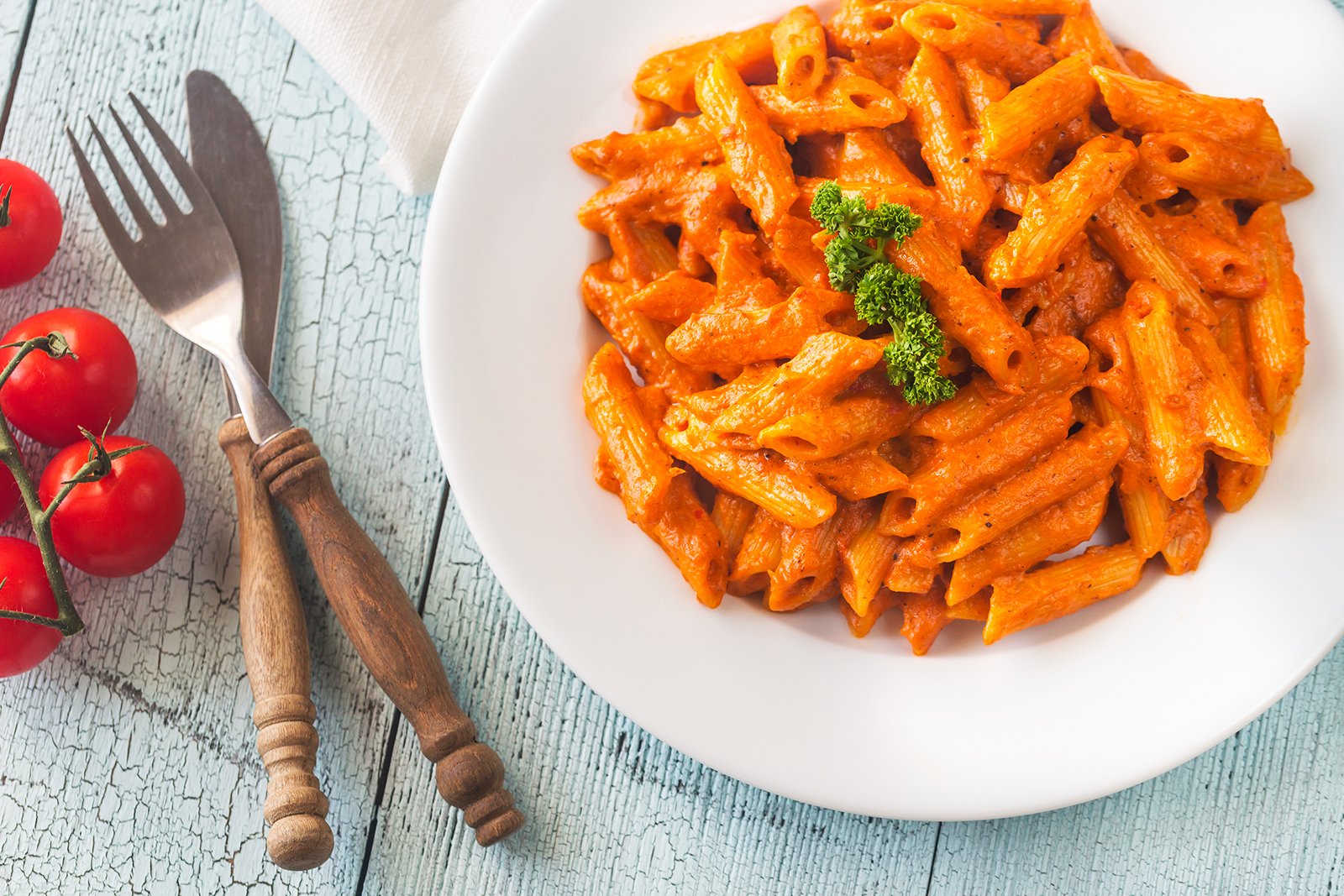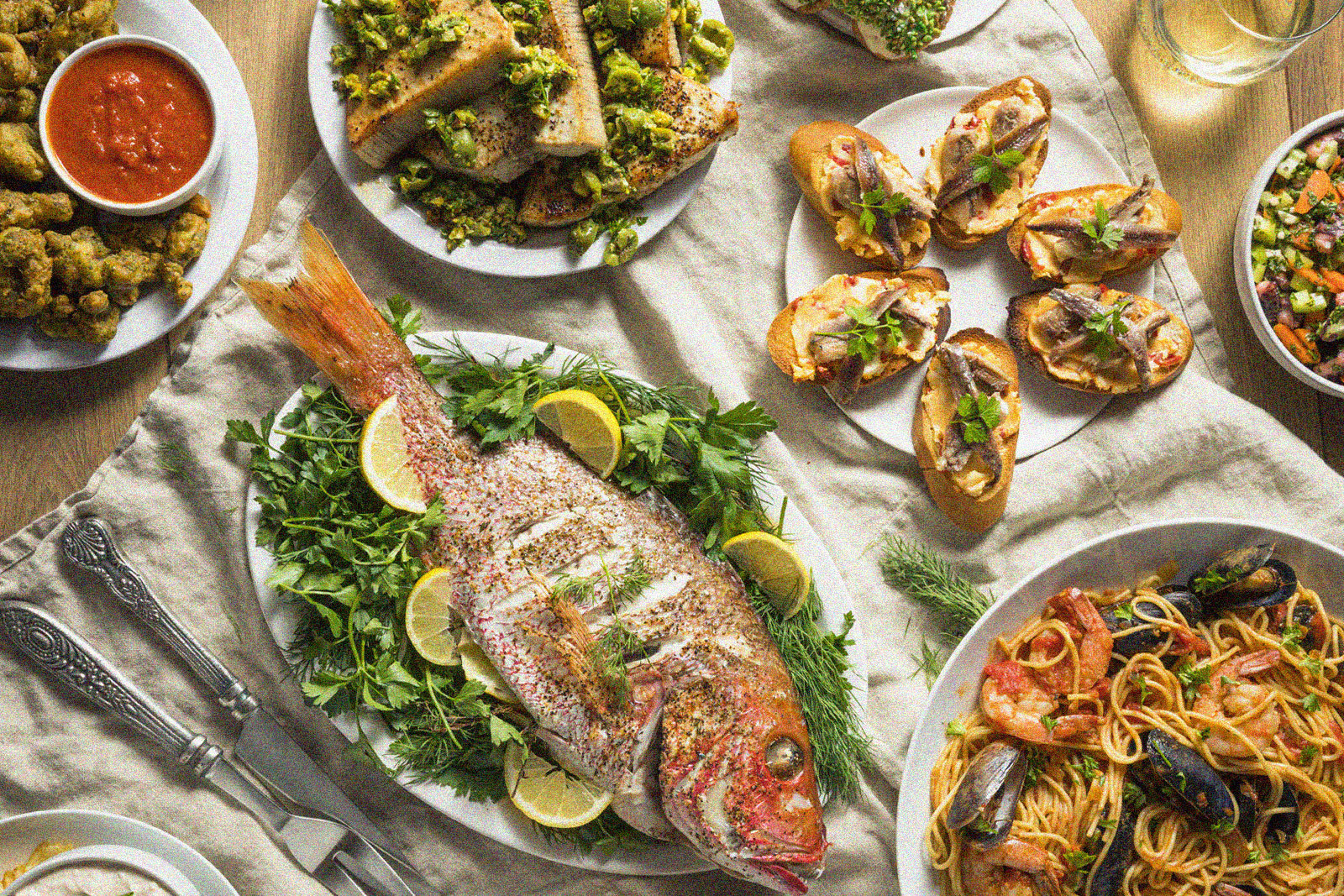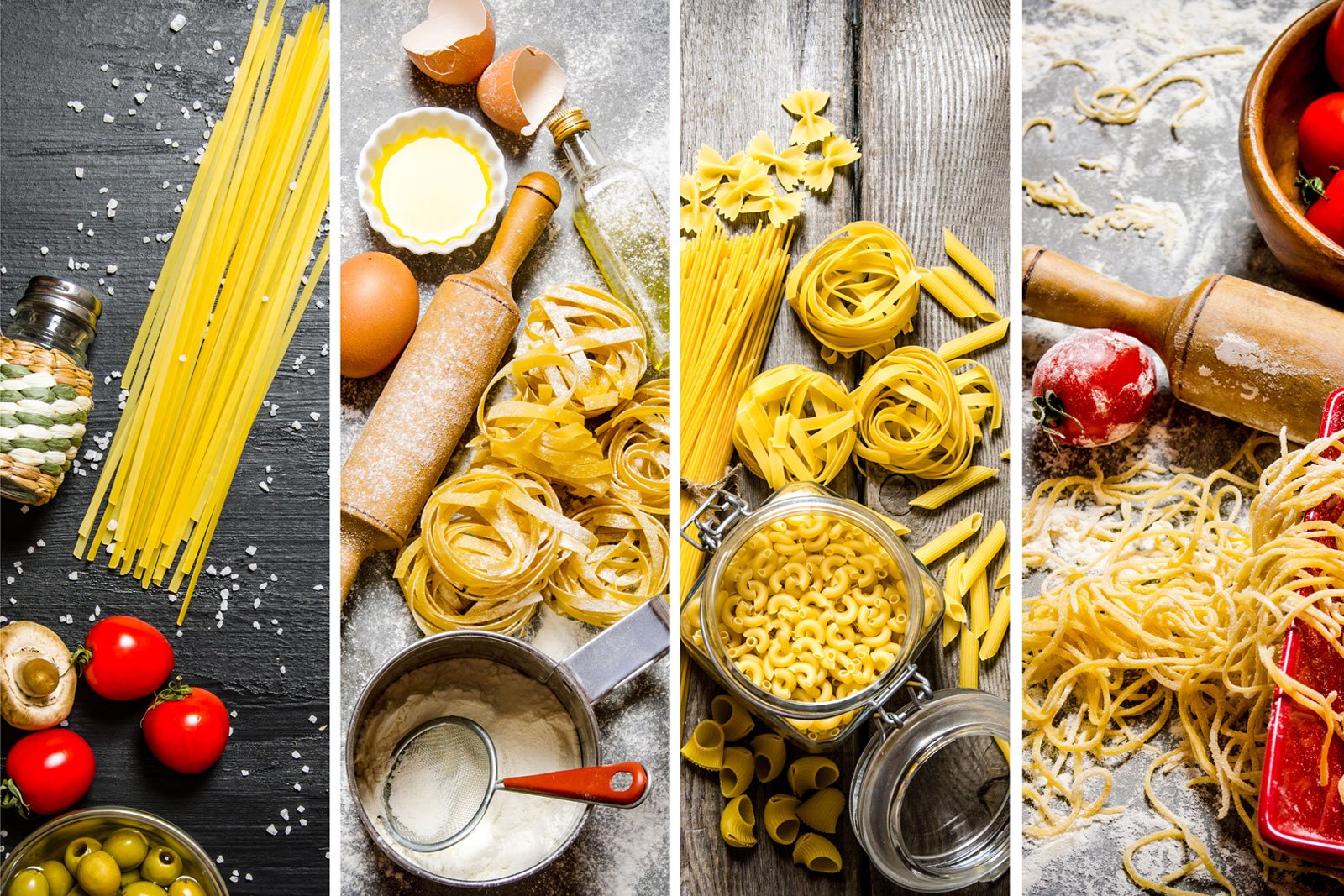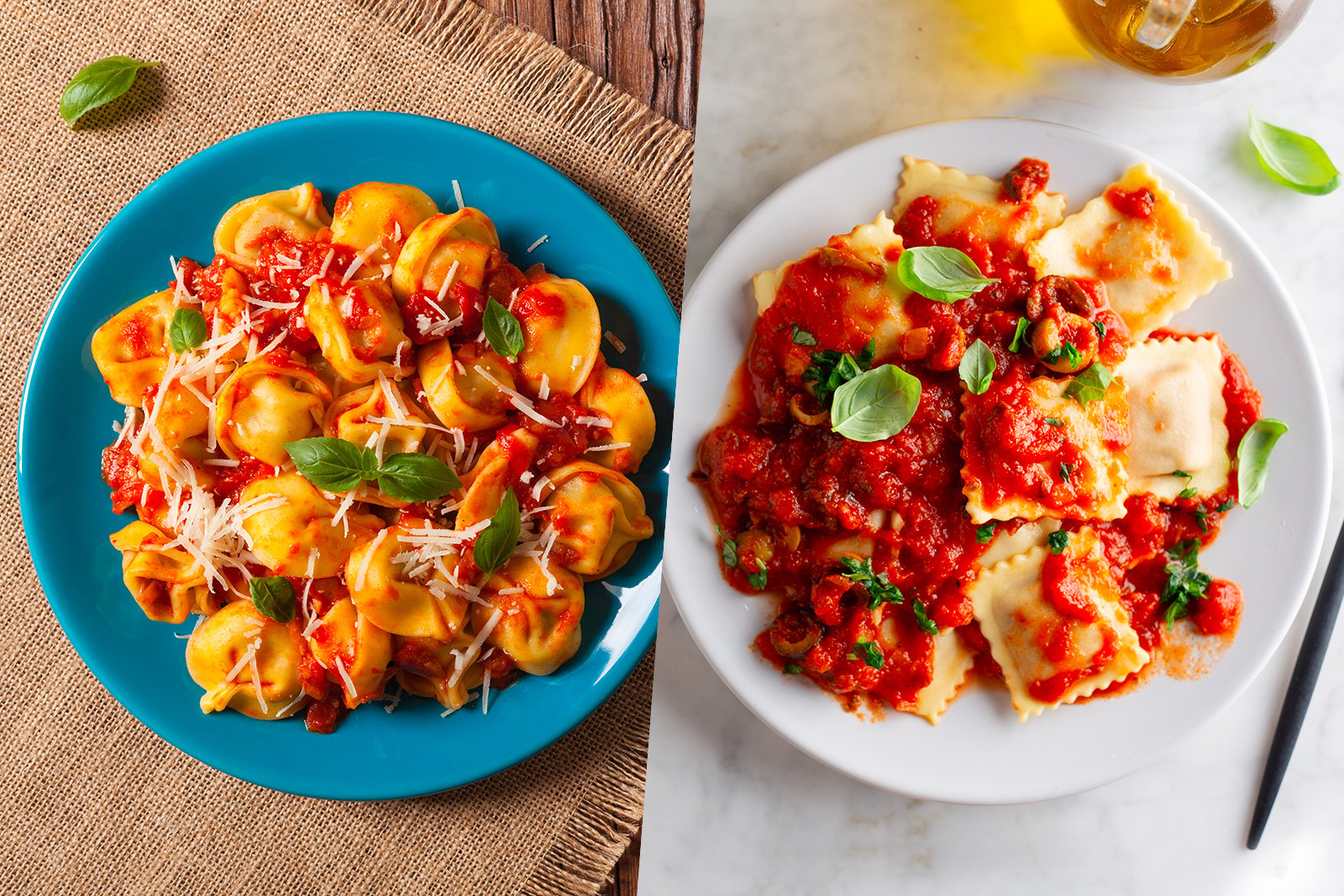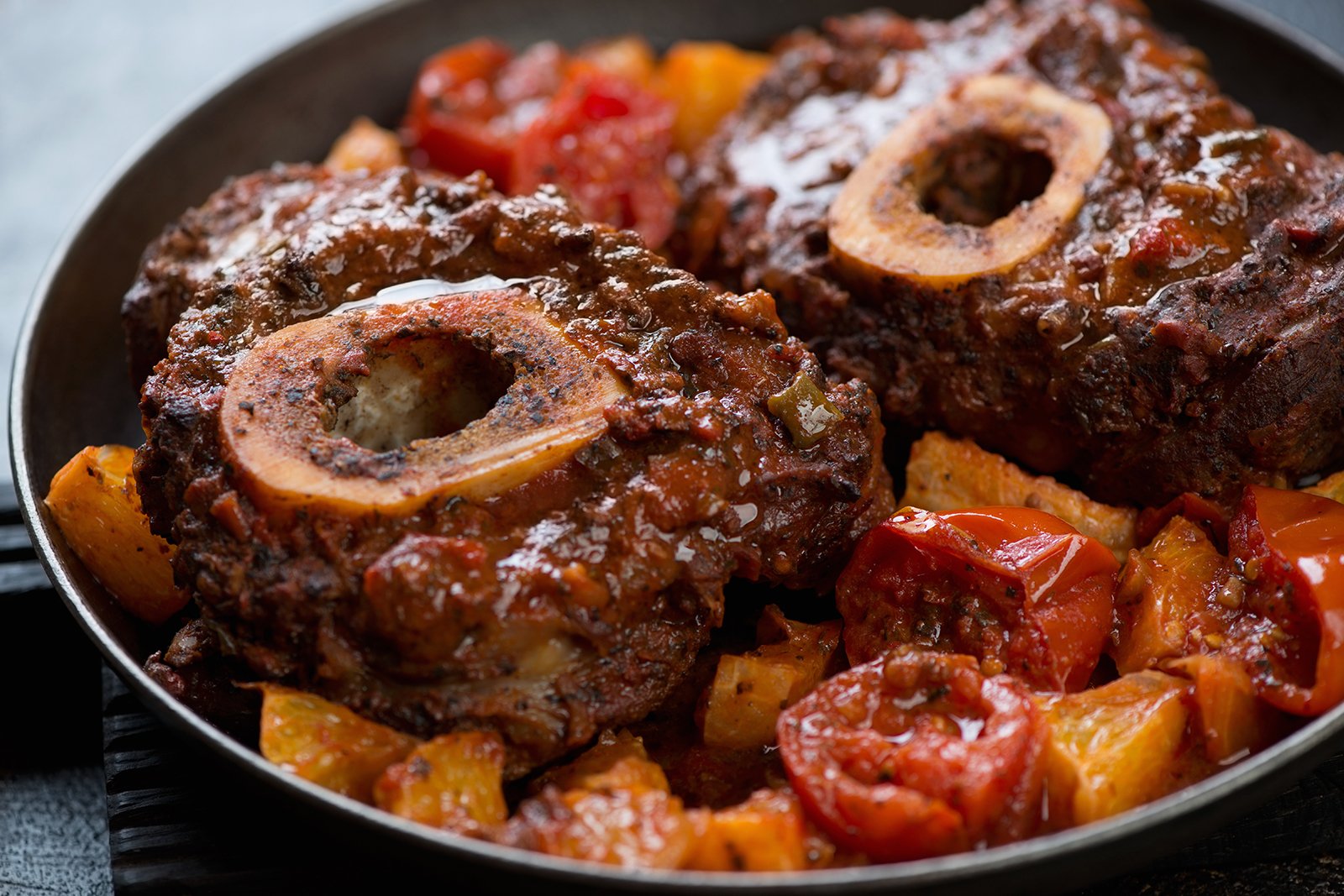We all remember the visceral disappointment we felt as youngsters when our parents would bring home the off-brand cereal from the supermarket rather than the name brand emblazoned with that familiar mascot.
When you’re a kid, pouring cereal from a bag is nothing short of completely demoralizing—and forget about trying to decipher any of the fun games on the back of the crumpled plastic. But times have changed. These days, the concept of “off-brand products” is far less taboo than it used to be, and that is thanks in large part to premium private labels.
These premium private labels have taken store brands, which were once associated with lower quality food, and elevated the perception to much more of a trendy, fashionable movement. In fact, private label growth has begun to outpace national brands, according to a 2019 study by retail consulting firm Daymon.
The research shows that premium private label products and organic products are surging in popularity among shoppers, with more than half of consumers claiming loyalty to a specific store due to its private label brands. Daymon’s report also shows that 85 percent of consumers say they trust a private brand just as much as a national brand, while 81 percent say they buy private brand items during every trip to the store.
In dollars and cents, private brand sales grew by 4 percent in 2018—that’s nearly six times the growth of national brand sales. Meanwhile, the report reveals that 20 percent of the private brand growth is associated with products that are branded “premium.”
Millennials have arrived and their approach and attitudes toward private labels are very different from the shopper of the past.”
As for which consumers are driving this upward trend for premium private labels, it’s the same generation that seems to be both credited and blamed for everything these days: Millennials. According to an extensive 2018 report by Cadent Consulting Group, a marketing and sales management consulting firm, millennial shoppers are a trend-focused group that cares deeply about the environment and their budget—while also appreciating the sharply designed packaging of premium labels.
“The composition of consumers is changing,” the report states. “Once driven by the force of baby boomers, now there’s a new generation in town. Millennials have arrived and their approach and attitudes toward private labels are very different from the shopper of the past.”
The report says one-third of millennials’ shopping carts are filled with private label products, while half of millennials report that they plan to buy even more premium private label products in the next year.
Cadent’s report goes on to demonstrate that millennials also purchase products labeled “natural,” “premium,” and “organic” at a much higher rate than their baby boomer counterparts. And while millennials certainly don’t ignore a good value, the report says that retailers believe that the market for “organic” private label will grow 7.7 percent annually over the next three years, almost twice as fast as “value” private label products.
“By delivering a good selection of quality products at a fair price, private labels are creating much-desired value.”
Shoppers love brands because of the promise of consistency and quality at an affordable price. But with more and more retailers making private labels desirable to the fastest growing consumer market, it might be time for companies to consider taking a leap of faith into the premium private label market.
“Big national brands may have extensive marketing, operations, and legacy on their side, but private label has its own bath to success,” Cadent states. “By delivering a good selection of quality products at a fair price, private labels are creating much-desired value.”

